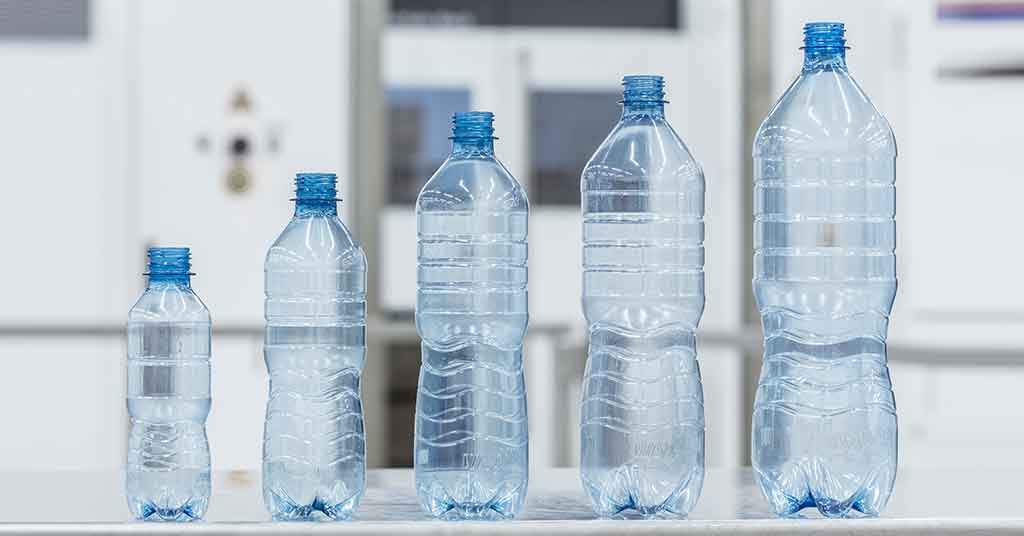Welcome To ChemAnalyst

On December 14, a momentous announcement was made by the Federal and Victorian Labor Governments: a new plastic recycling facility would be established with the capacity to process over a billion plastic bottles each year. This staggering figure equates to more than 150 bottles for every individual residing in Victoria, marking a significant stride in the fight against plastic pollution.
The initiative, located in Altona North, is led by Circular Plastics Australia through their Project Symphony. The primary aim of this project is to recycle plastic bottles, including those used for soft drinks. These bottles are sourced from household recycling bins and container deposit sites, demonstrating an effective use of existing waste management systems. The ultimate goal of this venture is to transform these discarded bottles into new packaging materials for food and beverages, thereby closing the loop in plastic production and consumption.
This ambitious project has been made possible through a joint investment of $6 million from the Australian and Victorian Governments, demonstrating their commitment to environmental preservation. This substantial financial aid is further bolstered by an impressive contribution exceeding $45 million from Circular Plastics Australia. This funding has not only set the wheels in motion for the project but has also facilitated the creation of 60 construction jobs. Furthermore, it will continue to support over 45 ongoing positions, providing a much-needed boost to the local economy.
The Federal Government's dedication to fostering a circular economy across Australia is clearly exemplified in this project. In a bid to reduce waste and conserve resources, the government is focusing on curtailing initial production. Simultaneously, it is placing greater emphasis on the reuse, recycling, or remanufacturing of goods that have already been produced. This approach promotes sustainability while also stimulating economic growth.
At the national level, the Federal Government's efforts in this area have borne fruit. Australia's recycling capacity has increased by over a million tonnes every year, a testament to the effectiveness of the government's policies. This expansion in capacity has also led to significant job creation, with more than 3000 positions established across the country. Of these, 414 jobs have been created specifically in Victoria, further highlighting the economic benefits of sustainable practices.
In collaboration with co-investment from all states and the industry, the Recycling Modernisation Fund is set to provide a substantial $1 billion boost to the Australian recycling sector. This investment will not only enhance recycling capabilities but also promote innovation and technological advancement in the sector.
Tanya Plibersek, the Federal Minister for the Environment, expressed her support for the new plastic recycling facility. She stated that it represents the type of infrastructure that is critical to bolstering recycling efforts in Australia. Moreover, it plays a crucial role in generating job opportunities, thereby contributing to the economy while promoting sustainability.
According to Steve Dimopoulos, the Victorian Minister for Environment, the Altona North facility will be the largest of its kind in Victoria. It is expected to play a pivotal role in recycling bottles from the state's recently launched container deposit scheme. This initiative provides residents with a tangible way to contribute to environmental preservation, encouraging community participation in waste management.
This innovative project underscores the ongoing commitment of the government and industry stakeholders to sustainable practices and the development of a circular economy. It serves as a model for other regions, demonstrating how strategic investment and commitment to sustainability can yield both environmental and economic benefits. In the face of mounting environmental challenges, initiatives like Project Symphony offer a beacon of hope, showing us that with collaboration, innovation, and commitment, it is possible to build a more sustainable future.
We use cookies to deliver the best possible experience on our website. To learn more, visit our Privacy Policy. By continuing to use this site or by closing this box, you consent to our use of cookies. More info.
